
The criminal justice system relies on state and local crime labs and the greater forensic science community to employ new DNA technologies to help solve the toughest active and cold cases. Our Center for Advanced Genomics® (CAG) applies its expertise in forensic science, genomics research, bioinformatics, and quality assurance to deliver quality-focused, advanced forensic solutions to federal, state, and local law enforcement. We develop and validate novel methods for maximizing DNA recovery in both yield and quality from forensic samples subjected to challenging conditions and evaluate and optimize sequencing and genotyping technologies for forensic applications.
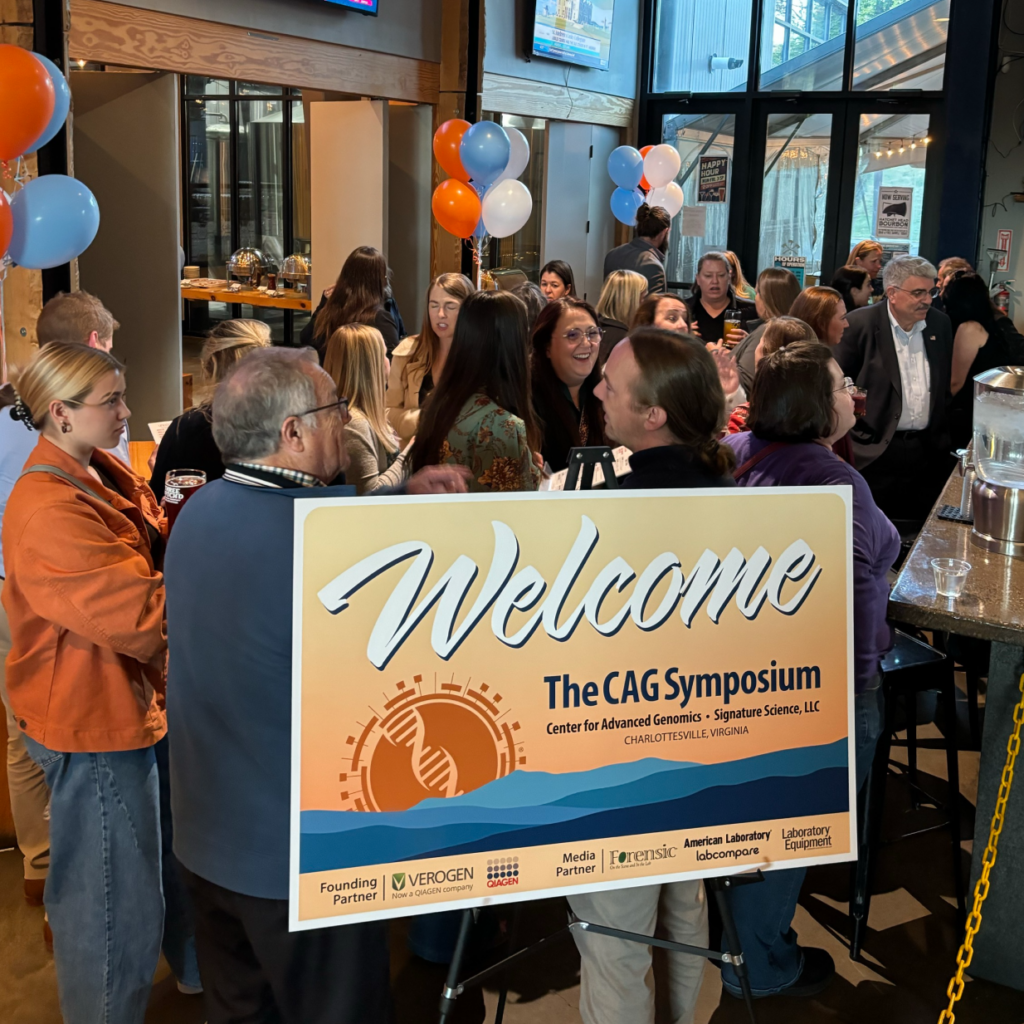
The CAG Shares its Research and Development Efforts with the Forensic Community Via Publication and Open Source Platforms
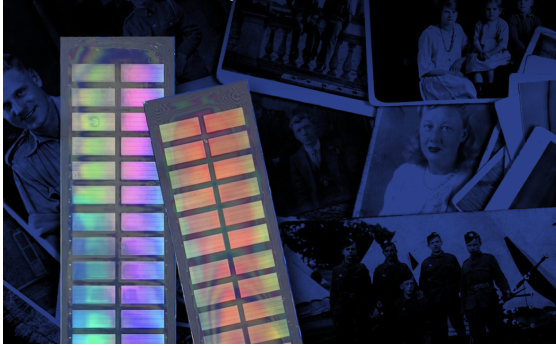
Industry First! Micro Array Developmental Validation
CAG scientists were the first to conduct a developmental validation of the Illumina® Infinium® Global Screening Array (GSA) on the iScan® system for use in forensic laboratories guided by the Scientific Working Group on DNA Analysis Methods (SWGDAM) Validation Guidelines for DNA Analysis Methods and Federal Bureau of Investigation (FBI) Quality Assurance Standards (QAS). Read Preprint.
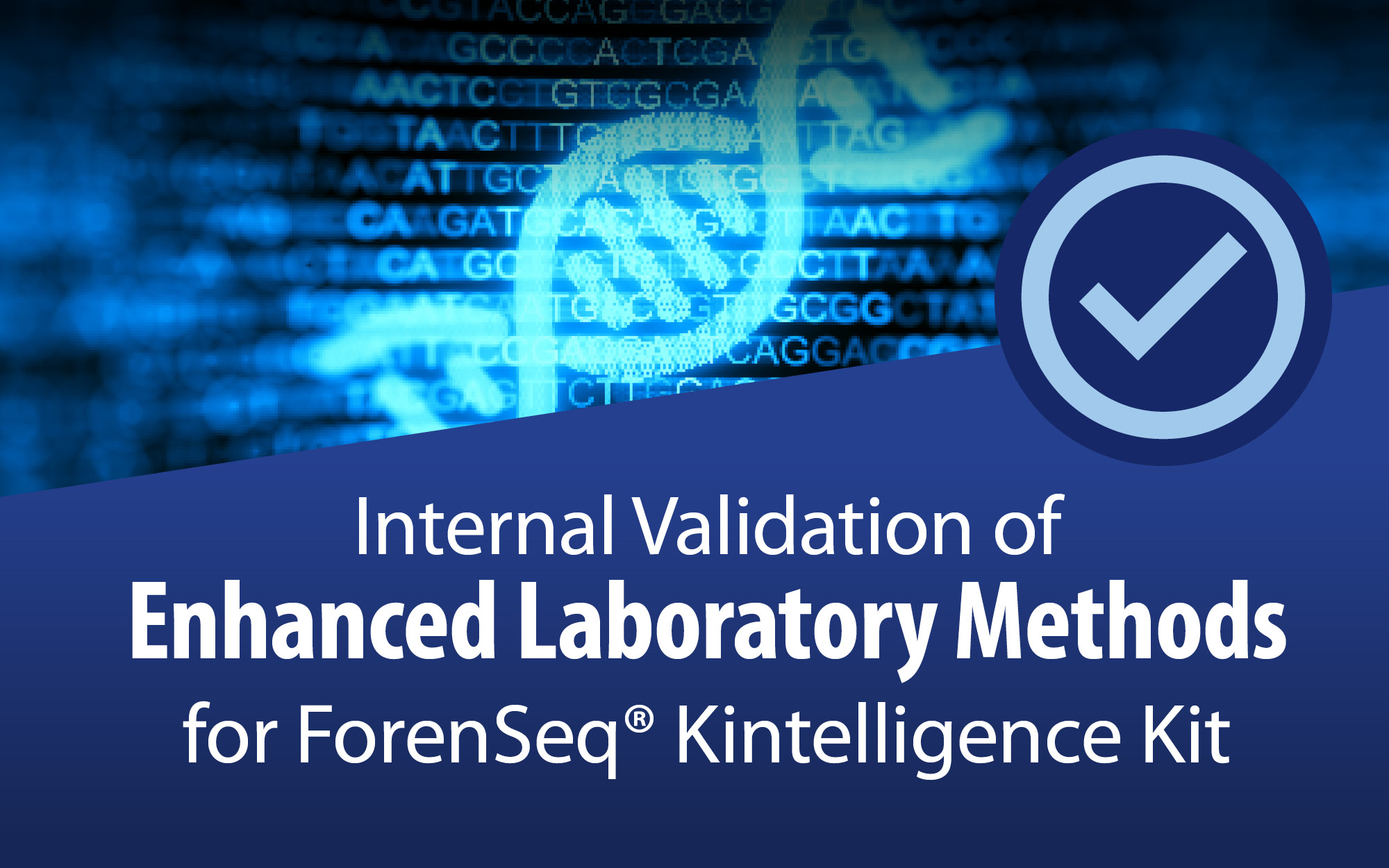
Kintelligence
The CAG published an internal validation of the Verogen ForenSeq® Kintelligence workflow, performed in accordance with SWGDAM guidelines and FBI QAS. This FGG solution is based on next-generation sequencing technology which targets forensically relevant markers along with ancestry, identity, and phenotype markers to estimate kinship. Read paper.

k2v
The CAG developed a containerized open source tool for converting Kintelligence targeted sequencing data to VCF files to enable the use of a wider, pre-existing infrastructure for genetic data manipulation and analysis. Read paper.
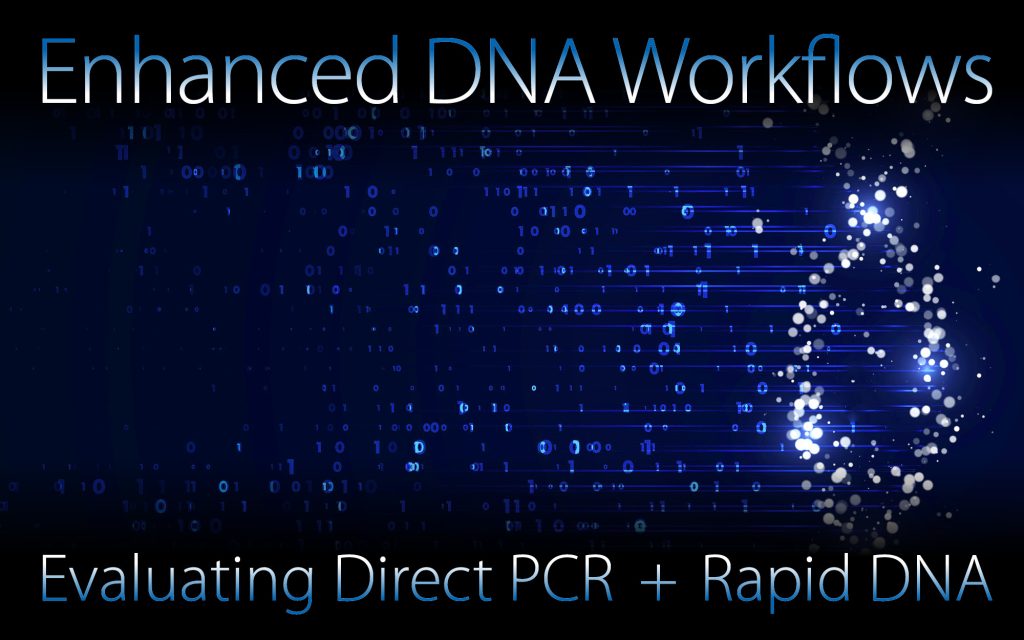
Enhanced DNA Workflows
In pursuit of our goal to reduce sexual assault kit (SAK) backlogs nationwide, forensic scientists at the CAG performed a review of Direct PCR and Rapid DNA approaches to streamline SAK testing. Read paper.
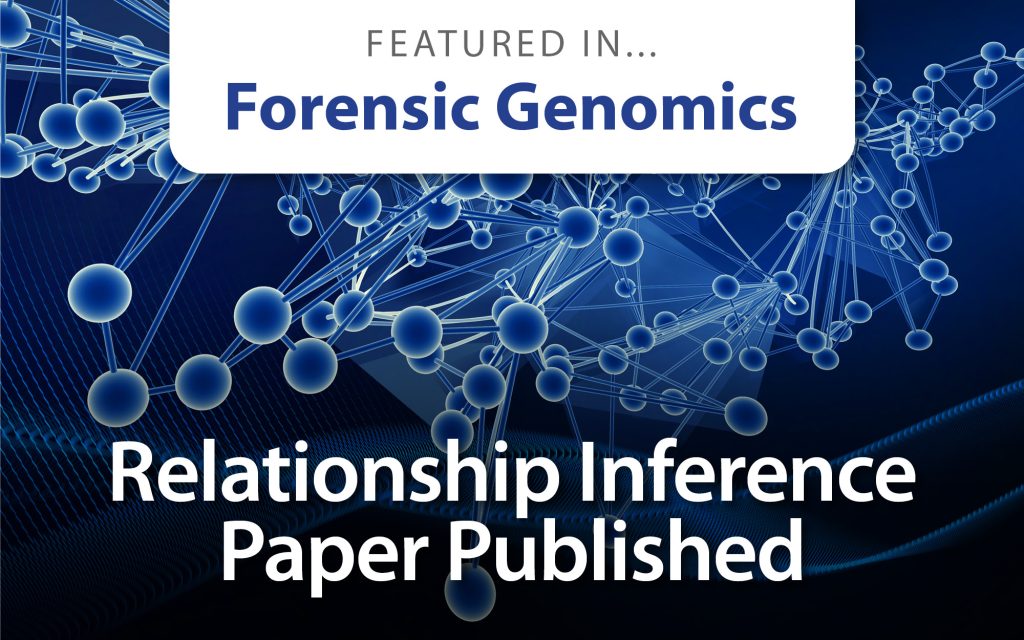
Relationship Inference
CAG bioinformaticians developed a path forward for evaluating relationship inference for SNP-based kinship analysis in cases of genotyping error. Read paper.
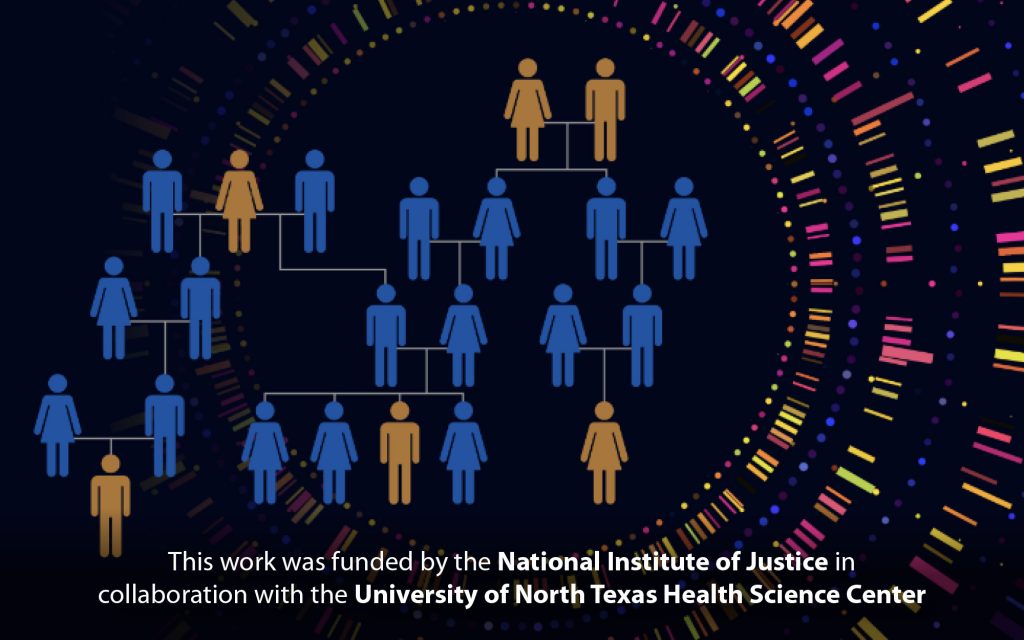
skater
A hallmark of the multidisciplinary collaboration powering the CAG, the open source ‘skater’ software employs bioinformatics solutioning to address a forensic question – how to evaluate the impact of genotyping error in forensic samples. Read paper.
The skater story.
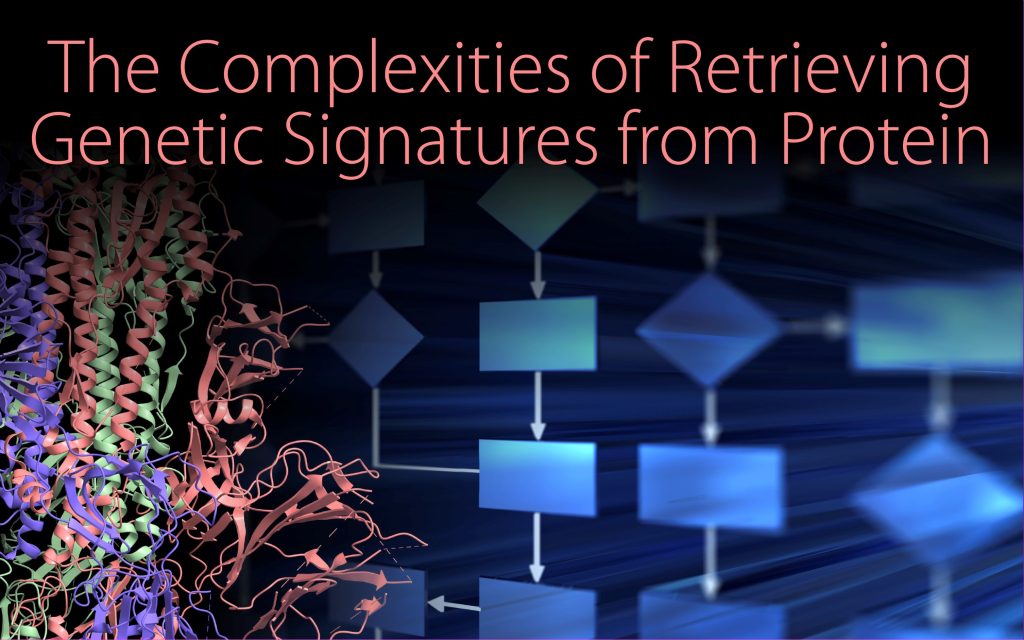
Proteo-ID
CAG genomic scientists evaluate the challenges of obtaining genetic signatures from proteins and propose methods to optimize collection. Read paper.
The Proteo-ID story.
Head to the Latest Research page for a list of additional publications.
